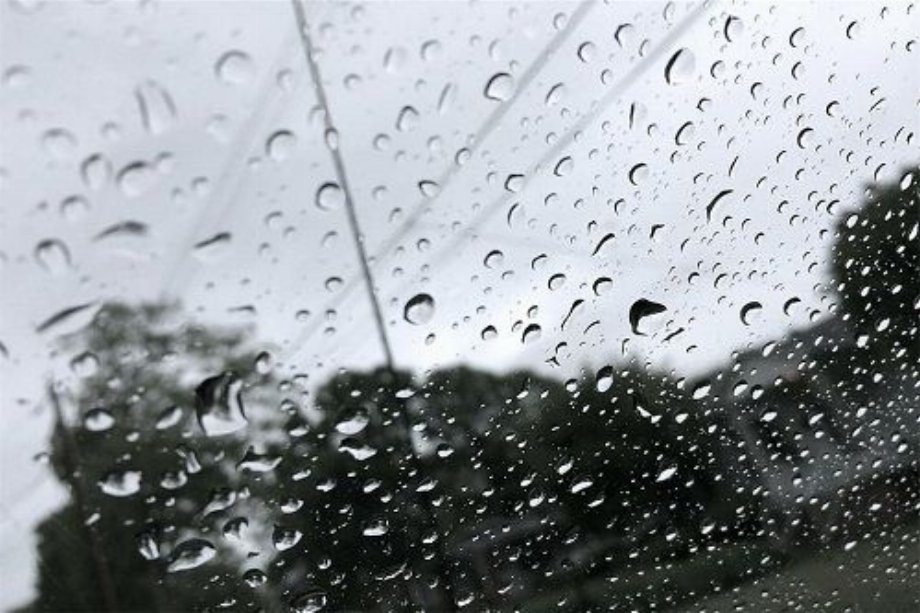Torrential rains cannot solve problem of drought


The surface water resources in Poland amount to approximately 1,600 cubic meters/year/person, while the average for Europe is almost three times higher (4,560 cubic meters/year/person). Thus, Poland's water resources are among the lowest in Europe. There has been talk of drought in our country for years, and the threat of it has not passed despite heavy rainfall in the last few days.
“In recent weeks, many regions of Poland have experienced heavy rainfall, often of a torrential nature. This type of rainfall replenishes groundwater resources to a relatively small extent. Large amounts of water reaching the dry ground in a short time run off the surface instead of infiltrating into groundwater. This is a similar mechanism to what we observe when trying to water potted flowers that have not been watered for a long time. The situation in urbanized areas is similar. They are characterized by a significant percentage of impermeable surfaces, roads, parking lots, and roofs. They prevent rainwater from infiltrating into the ground. Thus, they significantly reduce the supply of groundwater. The rainwater is quickly discharged to the nearest river through the sewage system or flows down the surface. Although the recent rains have eased the problem somewhat. However, water saturation in the deeper layers of the earth in many regions of Poland is still low, because the right amount of water has not yet soaked in. This situation gives us an apparent sense of solving the problem of drought in our country," Michał Marcinkowski, hydrologist, chief specialist of the Klimada 2.0 project, implemented by the Institute of Environmental Protection - National Research Institute, commented.
Therefore, a few days of intense rainfall in most cases will not solve the problem of hydro geological drought. In order to adapt to changing climatic conditions, including to limit the phenomenon of drought, it is necessary to take specific actions at various levels - government administration, local government, and also by each of us.
"As far as water management is concerned, the most important thing is to retain water as naturally as possible," the expert added.
(WBJ)